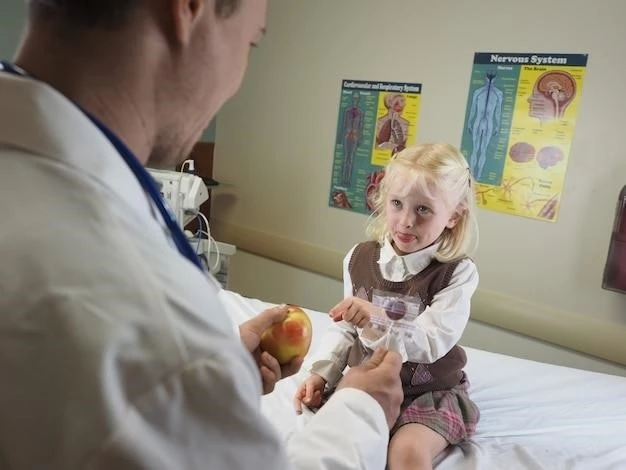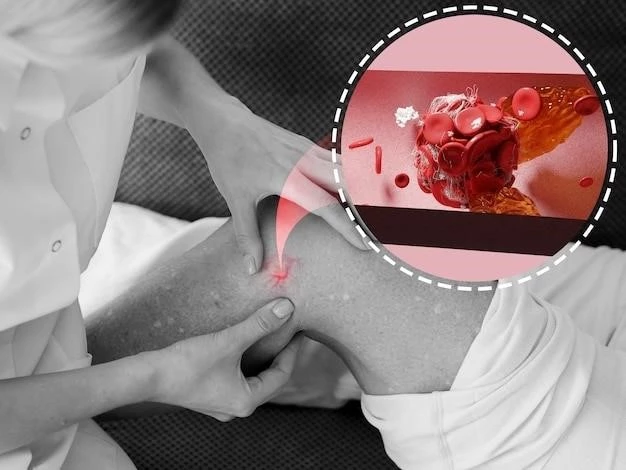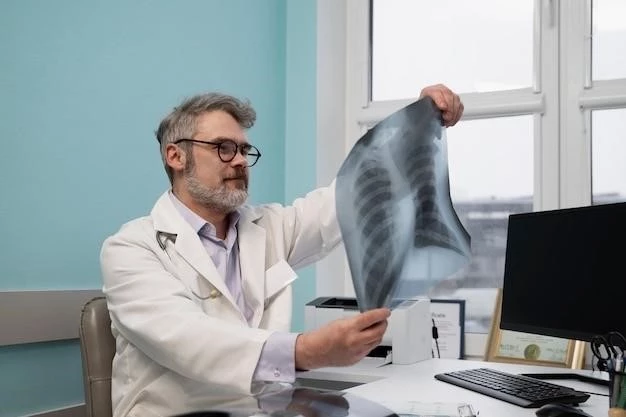Introduction
Richieri-Costa-Colletto-Otto Syndrome is a rare genetic disorder characterized by distinctive facial features and other developmental abnormalities.
Richieri-Costa-Colletto-Otto Syndrome, a rare genetic disorder, presents with distinct facial features and multiple developmental abnormalities. This condition significantly impacts individuals and often requires specialized medical care and support.

Clinical Features
Richieri-Costa-Colletto-Otto Syndrome manifests with unique facial characteristics and various developmental anomalies.
Physical Characteristics
Individuals with Richieri-Costa-Colletto-Otto Syndrome may exhibit a range of physical features, including distinct facial characteristics, craniofacial abnormalities, limb anomalies, and other structural differences that contribute to the unique presentation of this rare genetic disorder.
Intellectual Development
Intellectual development in individuals with Richieri-Costa-Colletto-Otto Syndrome may vary, ranging from mild to severe cognitive impairment. Early assessment and appropriate interventions are crucial to support the intellectual well-being of affected individuals.
Overview of Richieri-Costa-Colletto-Otto Syndrome
Richieri-Costa-Colletto-Otto Syndrome is a rare genetic disorder characterized by distinct facial features and developmental abnormalities.
Mode of Inheritance
The Richieri-Costa-Colletto-Otto Syndrome is typically inherited in an autosomal recessive pattern, meaning that both parents must carry a mutated gene for a child to be affected. Understanding the genetic basis of this syndrome is crucial for accurate diagnosis and genetic counseling.
Gene Mutations Associated with the Syndrome
The Richieri-Costa-Colletto-Otto Syndrome is linked to mutations in specific genes, impacting critical processes during development. Understanding these genetic alterations is key to diagnosing and managing the syndrome effectively.

Diagnosis
Diagnosing Richieri-Costa-Colletto-Otto Syndrome involves clinical assessment and potentially genetic testing for accurate identification.
Diagnostic Criteria
Diagnosis of Richieri-Costa-Colletto-Otto Syndrome involves clinical evaluation based on the distinct physical characteristics associated with the syndrome. Genetic testing may also be utilized to confirm the presence of specific gene mutations linked to this rare genetic disorder.
Genetic Testing
Genetic testing plays a crucial role in diagnosing Richieri-Costa-Colletto-Otto Syndrome by identifying specific gene mutations associated with the disorder. This testing aids in confirming the presence of genetic abnormalities that contribute to the clinical manifestation of this rare syndrome.
Management and Treatment
Effective management of Richieri-Costa-Colletto-Otto Syndrome may involve various medical interventions and supportive therapies tailored to the individual’s specific needs.
Medical Interventions
Management of Richieri-Costa-Colletto-Otto Syndrome may involve various medical interventions aimed at addressing specific physical manifestations and associated complications. These interventions are tailored to improve the quality of life and overall health of individuals affected by this rare genetic disorder.
Therapies and Supportive Care
Management of Richieri-Costa-Colletto-Otto Syndrome often includes a multidisciplinary approach involving various therapies such as physical therapy, speech therapy, occupational therapy, and specialized educational support; Additionally, providing supportive care tailored to the individual’s needs can significantly improve their quality of life.
Prognosis
Prognosis for individuals with Richieri-Costa-Colletto-Otto Syndrome varies based on the severity of symptoms and the effectiveness of treatment interventions;
Outcomes and Long-Term Outlook
Unfortunately, there is no information currently available on the internet about the ″Richieri-Costa-Colletto-Otto Syndrome.″ To learn more about this syndrome, it is recommended to consult medical journals, genetic databases, or healthcare professionals specializing in rare genetic disorders.
